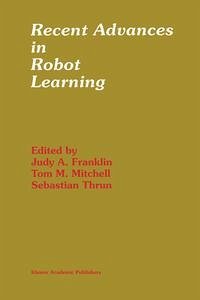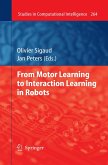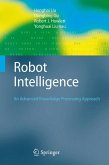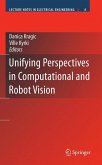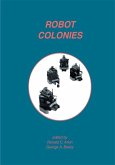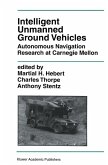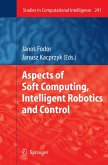Recent Advances in Robot Learning contains seven papers on robot learning written by leading researchers in the field. As the selection of papers illustrates, the field of robot learning is both active and diverse. A variety of machine learning methods, ranging from inductive logic programming to reinforcement learning, is being applied to many subproblems in robot perception and control, often with objectives as diverse as parameter calibration and concept formulation. While no unified robot learning framework has yet emerged to cover the variety of problems and approaches described in these papers and other publications, a clear set of shared issues underlies many robot learning problems.
- Machine learning, when applied to robotics, is situated: it is embedded into a real-world system that tightly integrates perception, decision making and execution.
- Since robot learning involves decision making, there is an inherent active learning issue.
- Robotic domains are usually complex, yet the expense of using actual robotic hardware often prohibits the collection of large amounts of training data.
- Most robotic systems are real-time systems. Decisions must be made within critical or practical time constraints.
These characteristics present challenges and constraints to the learning system. Since these characteristics are shared by other important real-world application domains, robotics is a highly attractive area for research on machine learning. On the other hand, machine learning is also highly attractive to robotics. There is a great variety of open problems in robotics that defy a static, hand-coded solution.
Recent Advances in Robot Learning is an edited volume of peer-reviewed original research comprising seven invited contributions by leading researchers. This research work has also been published as a special issue of
Machine Learning (Volume 23, Numbers 2 and 3).
Dieser Download kann aus rechtlichen Gründen nur mit Rechnungsadresse in A, B, BG, CY, CZ, D, DK, EW, E, FIN, F, GR, HR, H, IRL, I, LT, L, LR, M, NL, PL, P, R, S, SLO, SK ausgeliefert werden.

